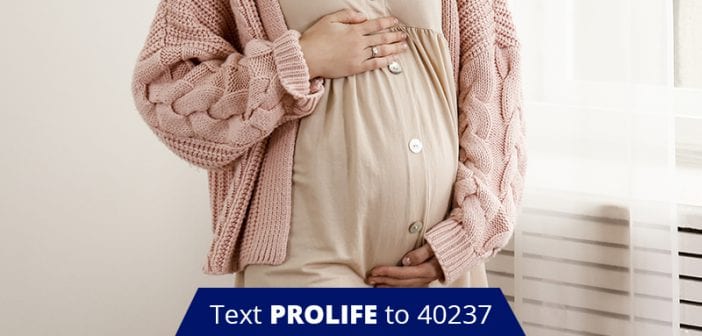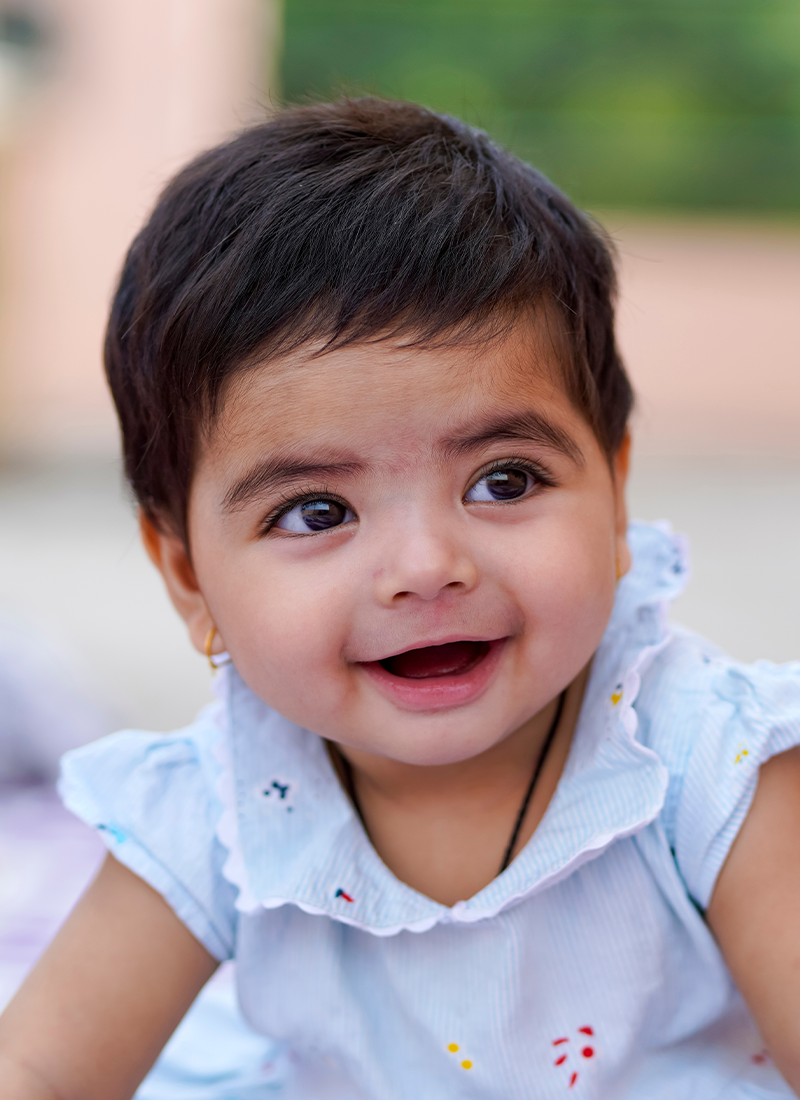After the heartbreak of seven miscarriages, Jessica Herbert and her husband Simon were excited but apprehensive when they learned they were expecting again. The BBC reports that their apprehension turned to fear when at the first ultrasound they learned that their son had Trisomy 18.
The condition, also known as Edwards Syndrome, can involve severe, life-limiting complications. Many children with the condition do not live long after birth. However, some people with Trisomy 18 live for weeks, months, or even years after birth. They are no less human because of the condition, and, like each of us, people with Trisomy 18 are capable of living a full and meaningful life.
As with many life-limiting conditions detected before birth, doctors urged Herbert to end her son’s life in an abortion. She told the BBC, “as he was still alive, I couldn’t do it.” After courageously rejecting the suggestion that she should end her child’s life, Herbert looked for an alternative. Unfortunately, many doctors are not aware of perinatal hospice support for families who choose Life for a medically fragile baby. Often, parents who choose Life are given only dire predictions and not given any reason for optimism when welcoming a child with special needs.
Herbert, like many other parents in similar situations, resorted to finding other parents on the internet to learn about true stories of other families who chose Life. What she found encouraged her: other families had babies with life-limiting conditions who were born alive and shared time with their loved ones. She said, “This gave me hope and the confidence to give him a chance to be born. I’m so glad I went ahead. At least we had Oaken and a positive experience.”
One part of the experience was the opportunity for Herbert’s five-year-old daughter Willow to meet her brother. Willow was described as “a pillar of strength” for those around her. She was excited to meet her brother and was unafraid of the life-limiting condition which carried many unknowns. Herbert said of her daughter, “She taught so many people about death and not to be frightened of it. It was a privilege to have that perception from a young person.”
When baby Oaken was born, Willow not only met him but had the opportunity to dress him and spend time with him. Herbert said, “These are things a girl wants to do with a baby brother, so it was a positive thing for her as well.”
The facility where Oaken was born set up the room like a living room and included a cooling pad in a Moses basket, so that the family could stay with Oaken after he passed away. During the time he was alive, Herbert says, he was “calm and contented and responded to our cuddles and touch.”
Now, after the experience, the family has beautiful memories. Herbert told the BBC, “We also talk about him quite a lot in a positive way. We talk about our happy memories. There are photos of him all over the place. He’s part of our family, just not with us.”
Herbert was so touched by the help the family received from charitable organizations that they are now looking for ways to give back. As part of a fundraiser, Herbert will be shaving her dreadlocks, which measure more than four feet and have been growing for eleven years.
Like other families that chose Life in difficult circumstances, the Herbert family has no regrets. She said, “He was such a brave little man who showed us we’d done the right thing to give him a chance at life.” If Herbert had taken the anti-Life advice of the medical establishment, her son’s life would have been cut short and no one would have met Oaken and experienced his brief but beautiful and meaningful Life.
His mother says, “He has taught so many people so much about life, love and death and I’ll be forever grateful to him for this.”


